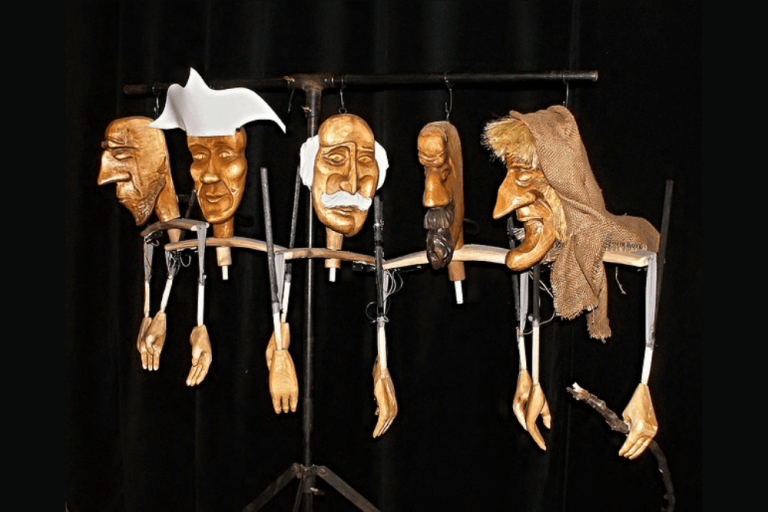Would-be partner of farming partnership awarded £500,000

I previously reported on the case of Moore v Moore (2016), in which the court ordered, based on proprietary estoppel, that a farmer’s son was entitled to take over his father’s interest in the family farming partnership, despite the fact that the father wanted to leave his interest to another family member in his will.
In another 2016 case (Davies v Davies), a farming couple’s daughter who had been told that she would inherit their farm, who had worked on and off on the farm for a total of 15 years at less than full remuneration, who had incorrectly believed for 3 years that she was a partner in the farm business (after signing a draft partnership agreement), only to discover later that she was not a partner, and had been promised a 49% interest in the family farming company which did not materialise, has been awarded £500,000 (reduced on appeal from £1.3 million originally awarded in the High Court).
Quite clearly in cases of this type the court is very willing (if the right grounds are established) to award very sizeable sums, as an alternative to awarding an interest in the business concerned. The jurisdiction to do so is not limited to family businesses. There have been awards in other cases to non-family members. In every case, once the prerequisites have been established, it is a question of what remedy would be just.
Furthermore, while in Davies and Moore the periods concerned, over which the claimants had established their rights, were measured in decades, there is no reason in principle why shorter periods would not qualify a claimant for proprietary estoppel relief.
In Achom v Lalic (2014), it was taken as read that would-be joint venturers in a valuable night club business could claim an interest under the proprietary estoppel jurisdiction, on the basis of having reasonably believed over a period of just a year that they had an interest in the venture. They failed on other grounds (lack of clarity as to the basis on which they would take an interest), but nonetheless it is clear that the remedy could potentially be available in another case if the promise and expectation were sufficiently clear, despite there being no contract as such. Though the claimants in the Achom case failed on their primary claims, they were nonetheless awarded the return of their investment, and a sum equivalent to reasonable remuneration for the work each of them did and the services and other assistance and benefits each of them provided.
Each case adds new insight into the circumstances which may qualify a claimant for an award of one type or another. We will no doubt see similar cases in future.






